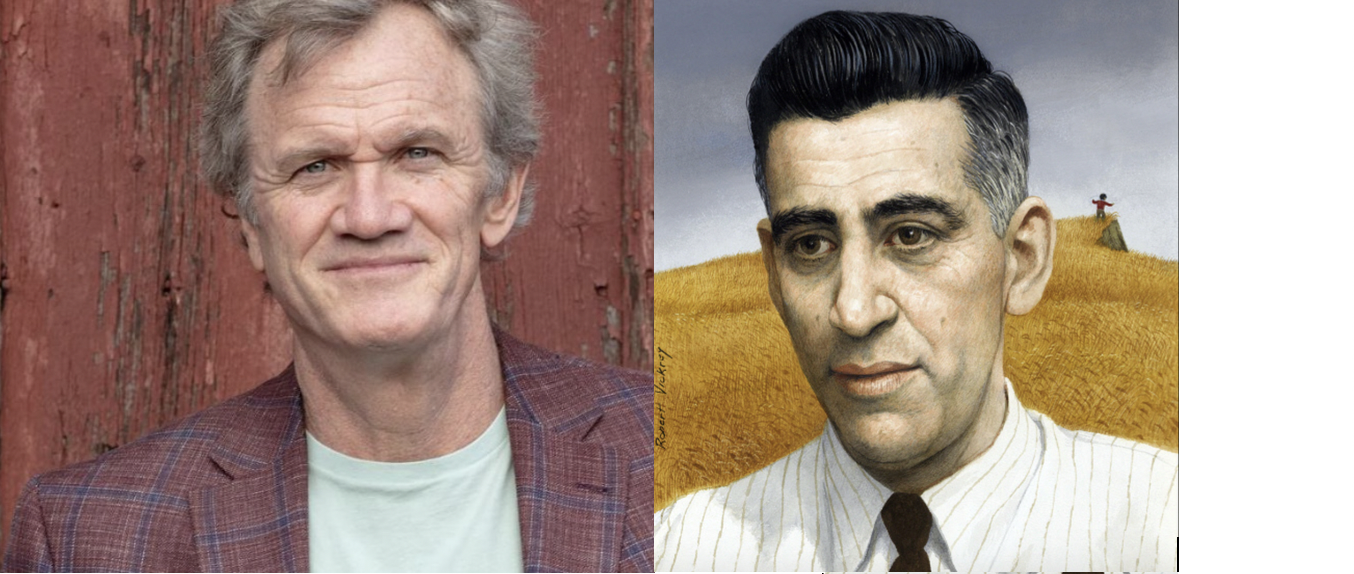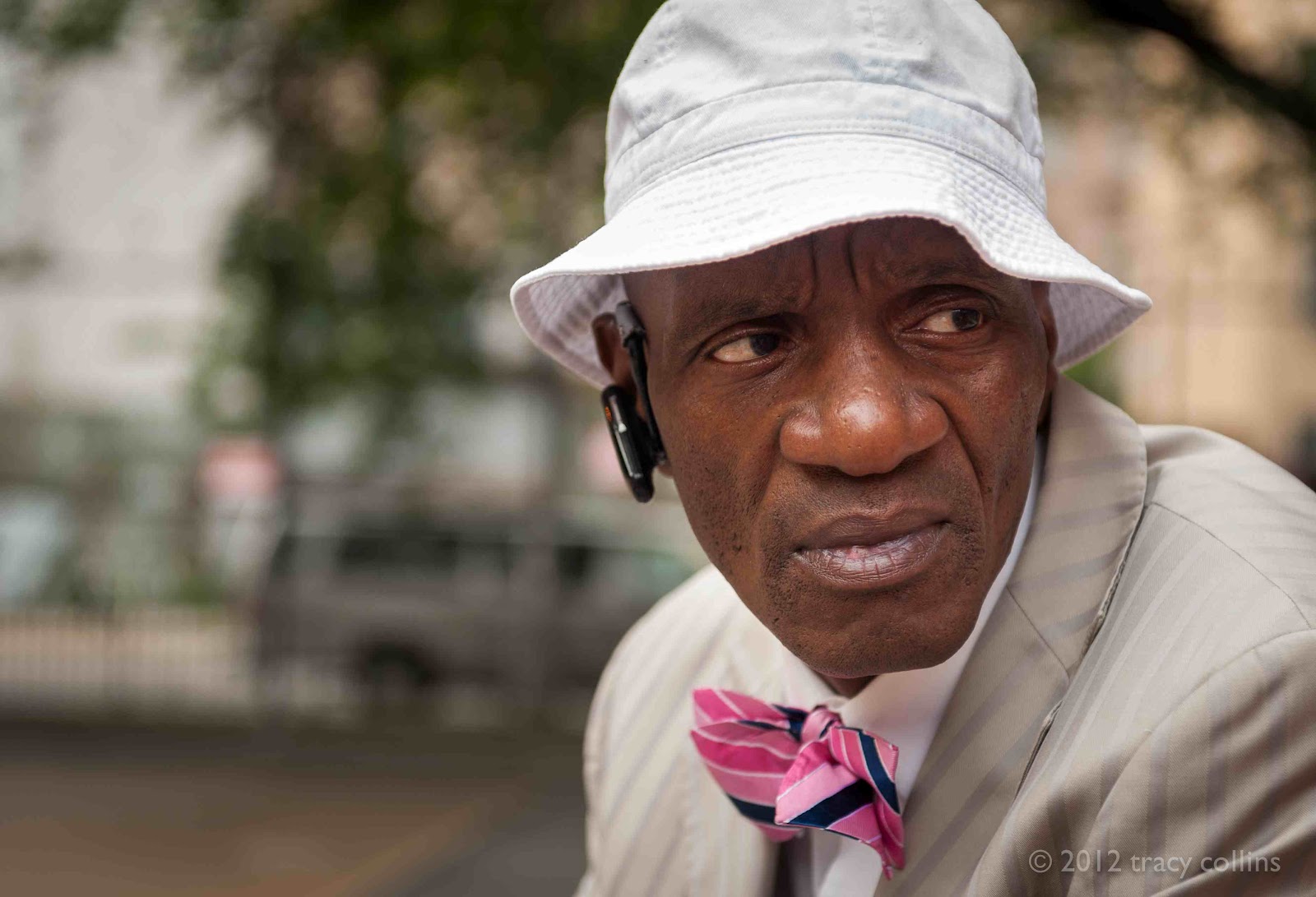Special thanks to Alice Develey for conducting the interview and giving me permission to translate it into English. Also thanks to Le Figaro (original article).
INTERVIEW (2.5 minute read): After years of rumors, it’s official: everything that the most secretive American author has written will be released.
LE FIGARO: “Did Salinger continue to write after his last short story, Hapworth 16th, 1924?”
Matt Salinger: “Yes. My father was an author, so he wrote all his life. People seem surprised that he continued to do so without publishing. But he thought that publication was a distraction. My father was a very private person. That’s one of the reasons he didn’t give interviews. He thought they were useless, that everything he had to say was in his books. Maybe he was out of step with his time.”
“What was his connection to his readers?”
“They were almost sacred to him. It was like he was writing directly into the imagination of each reader. That’s why he never accepted any adaption of his books. And that’s why I wouldn’t want it either. There will be no film or series. If Leonardo DiCaprio – him or another actor – plays a character, you will always have his image in your head. You will never be free to imagine it again. My father was a purist. He did not want the reader to be prevented from dreaming or for the reader’s mind to be blurred by minor, outside conceptions. He wanted people to open his books without any prejudice. This year, I have two projects: to help publishers who are working on new editions of Salinger and to set the record straight. I want readers to know that most of the things that have been announced are false. There are biographies that have been published by biographers who have never spoken to him. However, in the absence of contact, they had to feed on rumours. One of these biographies says that there are six books finished that are ready to be printed. But that’s completely false! It goes against my father to say all this. However, I would like to tell readers that what was not published during Salinger’s lifetime will be published. As far as possible. That is, in no less than three years but no more than ten. I think in six years, it’ll all be over.”
“I think Salinger’s most dedicated readers will find treasures in what is released. I don’t know if we’ll publish all at once. It’s still under discussion.”
“Why take so much time?”
“When you have written for forty-five years at the rate of five, six, seven, eight hours a day, every day of your life, there is a lot of work. No one can imagine how much work that is. There are both handwritten and typed sheets to transcribe, double-spaced typed sheets with annotated margins… This requires a lot of transcription time. But I don’t edit anything, I don’t interfere with what he wrote. I think the most dedicated Salinger readers will find treasures in what is released. I don’t know if we’ll publish all at once. It’s still under discussion. There will probably be people who will buy it because they have heard about the Salinger myth. They will certainly be disappointed, but that is not a problem. J. D. Salinger wrote for his readers. I look forward to sharing his writings with these readers.
What are we talking about here? Novels, poems, letters?
It’s not important. What the reader needs to know is that these will be his writings. France despises short stories. However, in my opinion, if you appreciate a writer, you will appreciate everything he or she has produced, whatever the form of what he or she has written. That is why I will not tell you what form his texts will take. To answer your question, then, I read everything my father didn’t publish. But I will not say anything, so that the readers, whom Salinger loved so much, do not have a biased reading of what they will read. It would be a disservice to my father to do the opposite.
Did your father ever talk to you about his work?
Sometimes. He loved to write. It was his great joy, which made him happy. He thought he was doing what “We” – call it God if you wish – expected of him. Sometimes he was electrified about what he was doing and would come out of his office with eyes filled with excitement. Sometimes he would laugh and read me a few lines. But I wasn’t around much. So, most of the time, he didn’t have a confident to read his texts to. Sometimes he would read to his wife. But I don’t know to what extent he did it. He was a very secretive man. He didn’t care much about money. He really lived very simply, modestly. He was an artist. A real one. He wanted to share his writings, nothing else.
“My father studied things so deeply that nothing surprised him.”
Did he know why Catcher in the Rye was so successful?
He never talked about that. I have my own idea on the matter, but would he have agreed with me? I read The Catcher in the Rye when I was eleven and numerous times as I grew up. When I re-read The Catcher in the Rye or Franny and Zooey – which is my favorite – I feel like I hear his voice. But his voice is always there, in me. I thought I was experiencing something unique because I was his son. Then I realized that I had many brothers and sisters when I read it because he had written it in a very personal way for each reader. That’s what makes his writing so beautiful. I think that when you get older, you see things differently. By rediscovering it, you will surely learn things about yourself: how much you have changed, who you were and who you have become. It is whispered that there may be a new translation… But there is nothing official.
[Author’s Note: I’ve read the French version of The Catcher In The Rye and it is dated and stale (Bon Sang ! Le cafard). In another 6 years I hope to have learned and lived enough French to translate a new version.]
What would he think of our world today?
When Trump was elected president, I called my sister. I said, “What person wouldn’t be surprised if we elected this clown?” And she started screaming, “Dad!” Our father was deeply sceptical. He was suspicious of technology. He never had a computer or a mobile phone. He thought Facebook and Google were worrying. Alarming, even. He was a strong supporter of European laws for the protection of personal data. He found the world sad but not surprising. He had this ability to predict events. I don’t think he had this gift of omniscience, but he was a keen observer. He studied things so deeply that nothing surprised him.
Did he believe in God?
It depends on what you mean by “God”. But yes, completely. He has read and studied religions throughout his life. That’s why I don’t think people can understand the depth of his reading, the number of books he’s been able to read. He was attracted to the mystical part of religions but whether it was Judaism, Islam, Christianity, Hinduism, Confucianism… he studied everything. He spent decades analyzing them.
If you want to learn more, check out this article from The Guardian this past February: “Matt Salinger: ‘My father was writing for 50 years without publishing. That’s a lot of material.'”
Or this 27 minute video interview of Matt Salinger by Penguin Books UK, posted two days ago.
Subscribe below:




